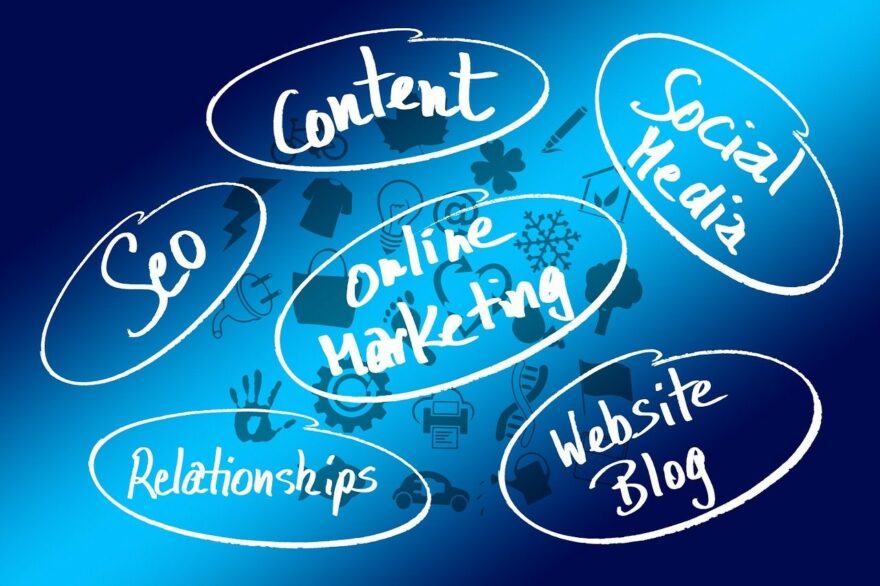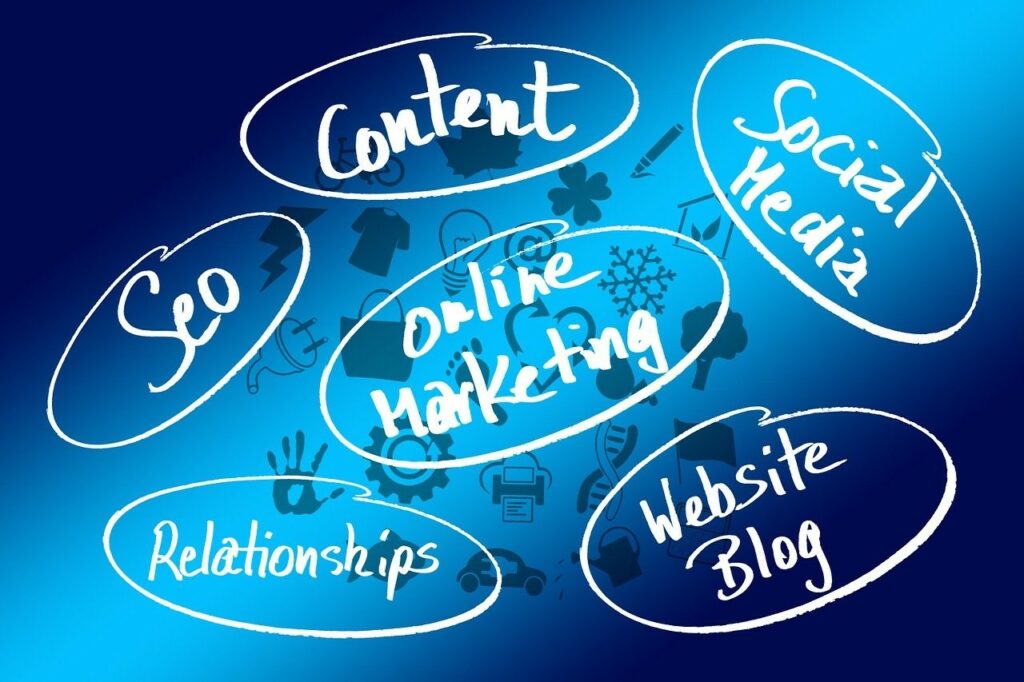In digital marketing, two acronyms often surface SEM and SEO. Both play critical roles in driving traffic to websites, but they operate in distinct ways. Whether you’re a business owner looking to boost your online presence or a marketer refining your strategy, understanding the differences between Search Engine Marketing (SEM) and Search Engine Optimization (SEO) is crucial. Here’s a detailed comparison of SEM agency services versus SEO agency services.
What is SEM?
Search Engine Marketing (SEM) encompasses a broader approach to increasing visibility on search engines. It includes paid advertising (such as Google Ads) and SEO techniques. However, in common usage, SEM refers to the paid aspect.
SEM Agency Services
Paid Search Advertising (PPC):
- Google Ads Management: Creating, managing, and optimizing ad campaigns on Google to ensure maximum ROI.
- Bing Ads Management: Similar to Google Ads but focused on Bing, ensuring ads reach a different segment of users.
- Keyword Research: Identifying profitable keywords to target in paid campaigns.
- Ad Copywriting: Crafting compelling ad copies that drive clicks and conversions.
- Landing Page Optimization: Ensuring landing pages are optimized for user experience and conversions.
- A/B Testing: Running tests on ads and landing pages to find the most effective combinations.
- Analytics and Reporting: Providing detailed reports on ad performance, ROI, and strategic insights for future campaigns.
- Banner Ads: Creating and placing visual ads on relevant websites.
- Retargeting Ads: Targeting users who have previously visited your site with tailored ads to bring them back.
Social Media Advertising:
- Facebook Ads: Creating and managing ad campaigns on Facebook and Instagram.
- LinkedIn Ads: Targeting professionals and businesses on LinkedIn.
- Twitter Ads: Engaging audiences with promoted tweets and ads on Twitter.
What is SEO?
Search Engine Optimization (SEO) focuses on optimizing a website to rank higher in organic (non-paid) search results. It involves a combination of on-page and off-page strategies to improve search engine visibility.
SEO Agency Services
On-Page SEO:
- Keyword Research: Identifying relevant keywords to target in content and meta tags.
- Content Optimization: Ensuring content is well-structured, informative, and optimized for targeted keywords.
- Technical SEO: Improving site speed, mobile-friendliness, and overall site structure.
- Meta Tags Optimization: Crafting compelling meta titles and descriptions to improve click-through rates.
- URL Structure: Ensuring URLs are clean, descriptive, and optimized for search engines.
Off-Page SEO:
- Backlink Building: Acquiring high-quality backlinks from reputable websites to boost websites domain authority.
- Social Media Integration: Leveraging social media platforms to increase content reach and engagement.
- Local SEO: Optimizing for local searches, including managing Google My Business profiles, local citations and setting up redirections.
- Content Marketing: Creating and promoting valuable content for attracting and engaging your target audience.
Analytics and Reporting:
- Performance Tracking: Monitoring keyword rankings, organic traffic, and user behavior.
- Competitor Analysis: Analyzing competitor strategies for identifying opportunities and threats.
- Reporting: Providing detailed reports on SEO performance and strategic recommendations.
Key Differences Between SEM and SEO
Cost:
- SEM: Involves paying for ads, which can be costly depending on the competitiveness of the keywords.
- SEO: Primarily involves time and effort, though there can be costs associated with tools and services.
Timeframe:
- SEM: Provides immediate results as ads start appearing as soon as campaigns are launched.
- SEO: Takes time to build authority and improve rankings, often several months to see significant results.
Sustainability:
- SEM: Results last only as long as you pay for ads. Once you stop, the traffic stops.
- SEO: Provides long-term benefits as optimized content and backlinks continue to drive traffic over time.
Click-Through Rates:
- SEM: Ads may have lower click-through rates compared to organic results as users often trust organic listings more.
- SEO: Higher click-through rates as users trust organic results more than paid ads.
Which Should You Choose?
The decision between SEM and SEO depends on your goals, budget, and timeframe.
Choose SEM if:
- You need immediate visibility and traffic.
- You have a budget for ongoing ad spend.
- You want to test keywords and ad copies quickly.
Choose SEO if:
- You aim for sustainable, long-term growth.
- You have time to invest in building authority and improving rankings.
- You prefer organic traffic over paid traffic.
In many cases, a balanced approach that combines both SEM and SEO can provide the best results. SEM can deliver quick wins and immediate traffic, while SEO builds a strong foundation for sustainable growth.
Conclusion
Understanding the differences between SEM and SEO is vital for making informed decisions about your digital marketing strategy. While SEM offers quick results through paid advertising, SEO provides long-term benefits through organic search optimization. Depending on your specific needs and goals, leveraging the strengths of both can lead to a comprehensive and effective online marketing strategy.
Whether you choose SEM, SEO, or a combination of both, partnering with a reputable agency can help you navigate the complexities of search engine marketing and achieve your business objectives.



4 thoughts on “SEM Agency Services vs SEO Agency Services: What’s the Difference?”